Swiss CleanTech startup Jaipur Robotics secures an additional €161k to turn waste-to-energy inefficiencies into profit
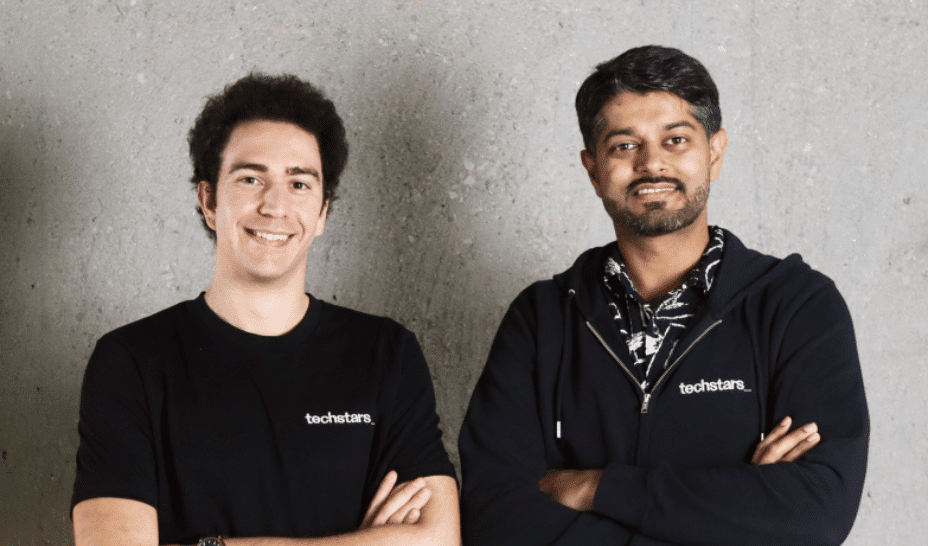
Manno-based Jaipur Robotics has raised €161k from Venture Kick to bring intelligent automation to waste-to-energy plants, addressing multi-million-euros losses from manual waste handling with a computer vision platform designed specifically for waste recognition and process optimisation.
“Venture Kick has been instrumental in accelerating our growth – providing both funding and strategic validation through its prestigious label,” highlights CEO Ermes Zamboni. “The support helped us refine our product strategy and IP roadmap as we bring AI-powered automation to waste-to-energy plants. This recognition strengthens our credibility as we scale internationally to tackle major inefficiencies in the waste industry.”
Founded in 2024 by Ermes Zamboni and Nikhil Prakash, Jaipur Robotics aims to transform the Waste-to-Energy sector through advanced deep learning and automation technologies.
The Founders combine engineering and deep learning expertise honed at ETH Zurich with industry experience building automation solutions. Together, they aim to position Jaipur Robotics as a sharp, software-first enabler in an overlooked but critical segment of the clean energy sector.
Jaipur looks to innovate the €1.1 trillion waste management sector, starting with Waste-to-Energy and expanding toward becoming the leading operating system for the global waste industry.
Waste-to-Energy (WtE) plants convert non-recyclable waste into energy, but Jaipur says their performance is hindered by inefficient, manual, and error-prone waste sorting. Issues such as poor waste mixing and undetected hazardous materials lead to unplanned shutdowns, energy losses, and operating costs of up to €3.6 million per plant annually.
These plants convert non-recyclable waste into energy, but they face several operational challenges, including:
- The presence of hazardous objects (e.g., gas cylinders, concrete blocks) that can
cause costly shutdowns. - Difficulties in ensuring optimal combustion due to the variability of waste materials.
- A shortage of specialised operators to oversee and manage the waste bunkers.
These problems are compounded by labor shortages and the complex, unpredictable nature of incoming waste streams.
Jaipur Robotics offers a SaaS platform powered by patent-pending AI vision technology, purpose-built for waste-to-energy plants. Unlike other automation tools, it reportedly provides real-time detection of oversized or hazardous items, calorific mapping for optimal mixing, and automated alerts for crane operators.
Additionally, it provides advanced calorific value mapping of waste, enabling operators to optimise waste mixing for maximum energy production. By automating and digitising plant management, the system significantly enhances overall operational efficiency.
The system turns chaotic waste streams into clear operational decisions – aiming to cut costs, reduce emissions, and prevent downtime.
This follows a March €725k pre-Seed funding round supported by TiVentures SA and other investors, as reported by EU-Startups.
The funding will support continued product development, advance international certification efforts, and strengthen the company’s IP portfolio.
The post Swiss CleanTech startup Jaipur Robotics secures an additional €161k to turn waste-to-energy inefficiencies into profit appeared first on EU-Startups.






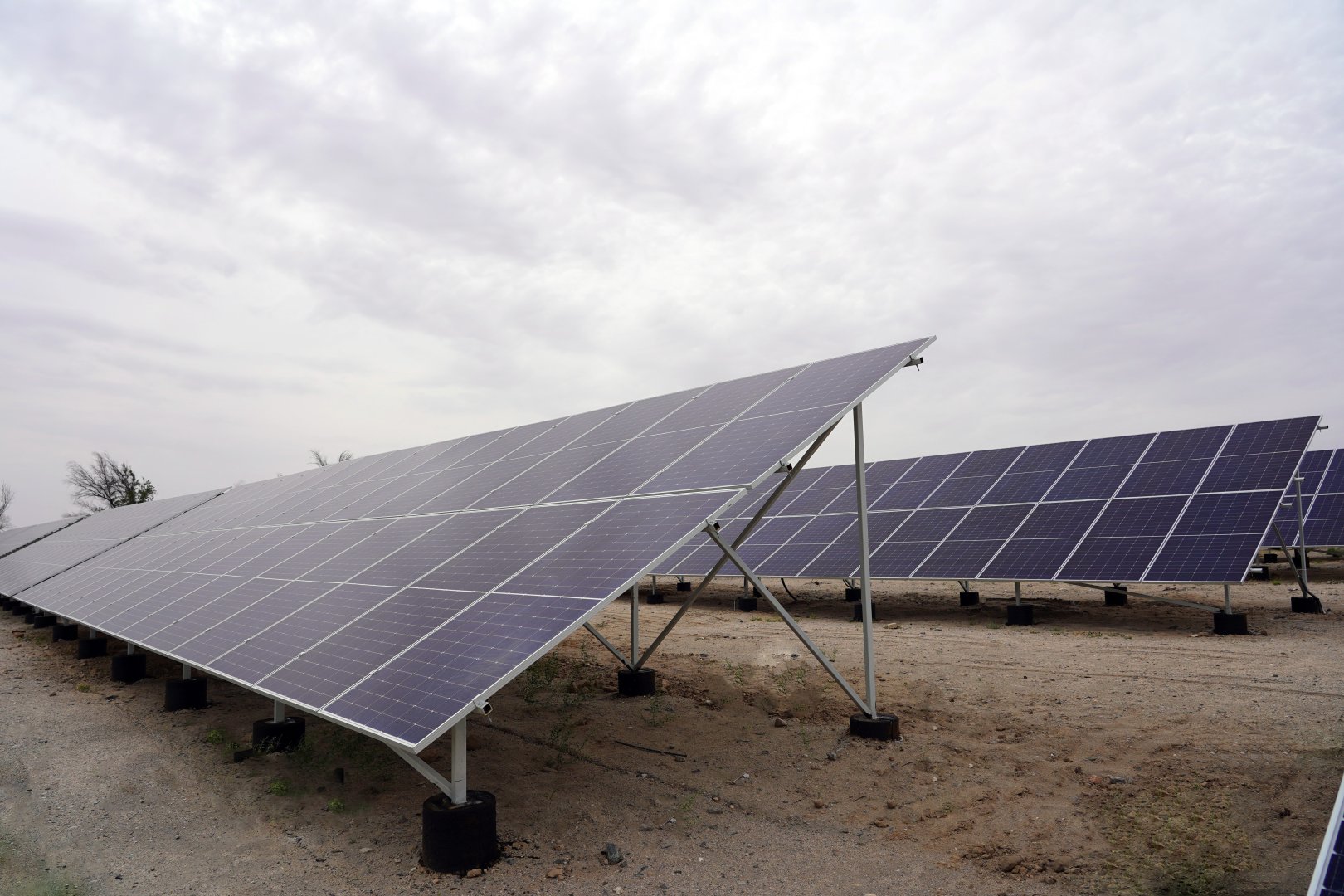

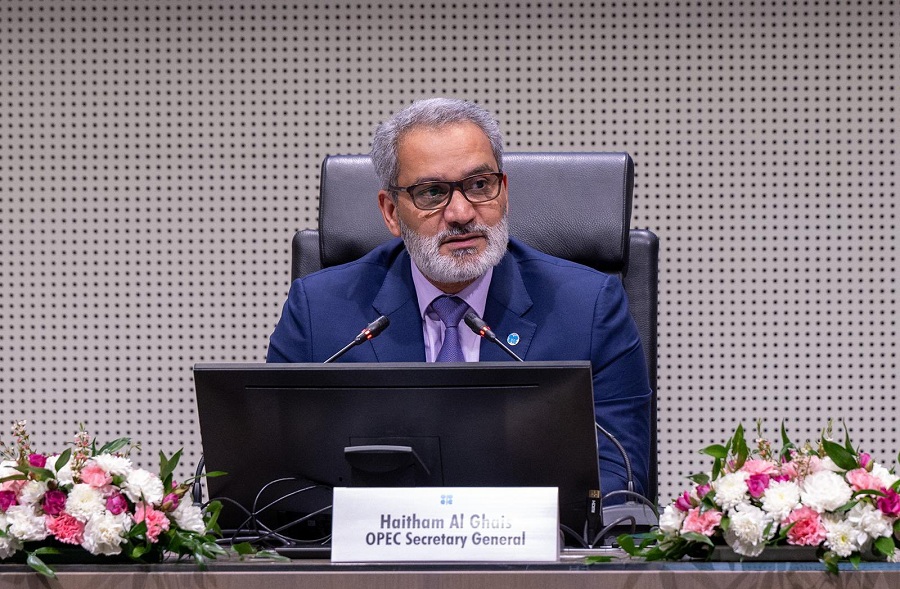



















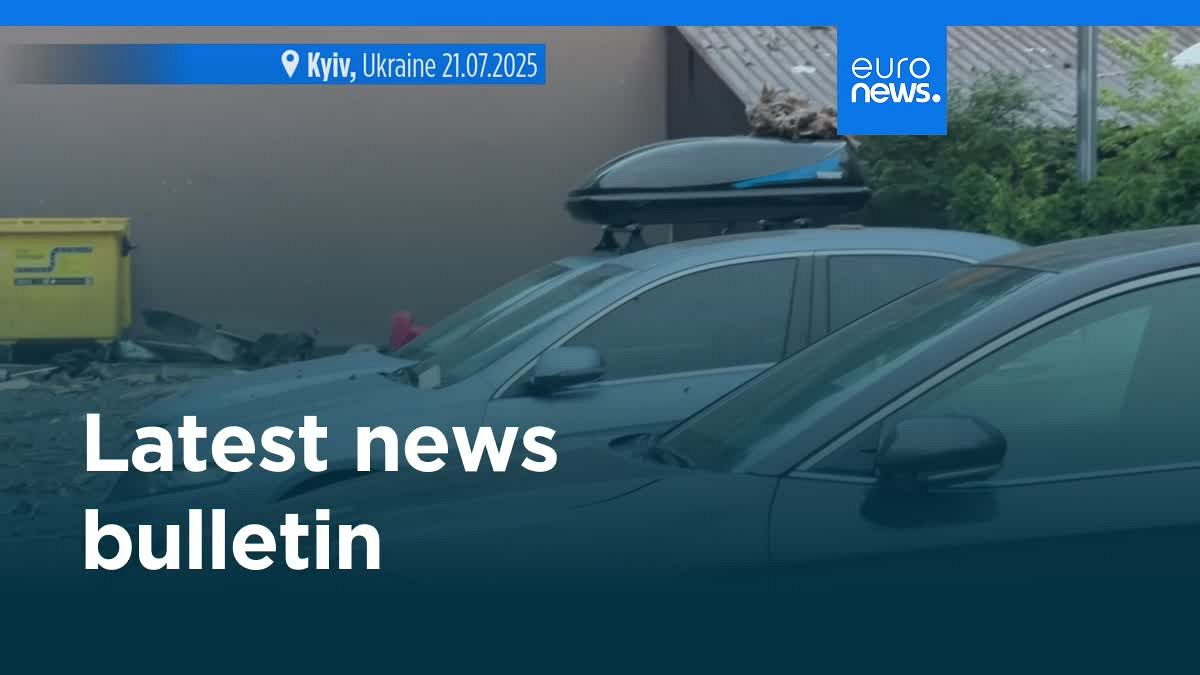











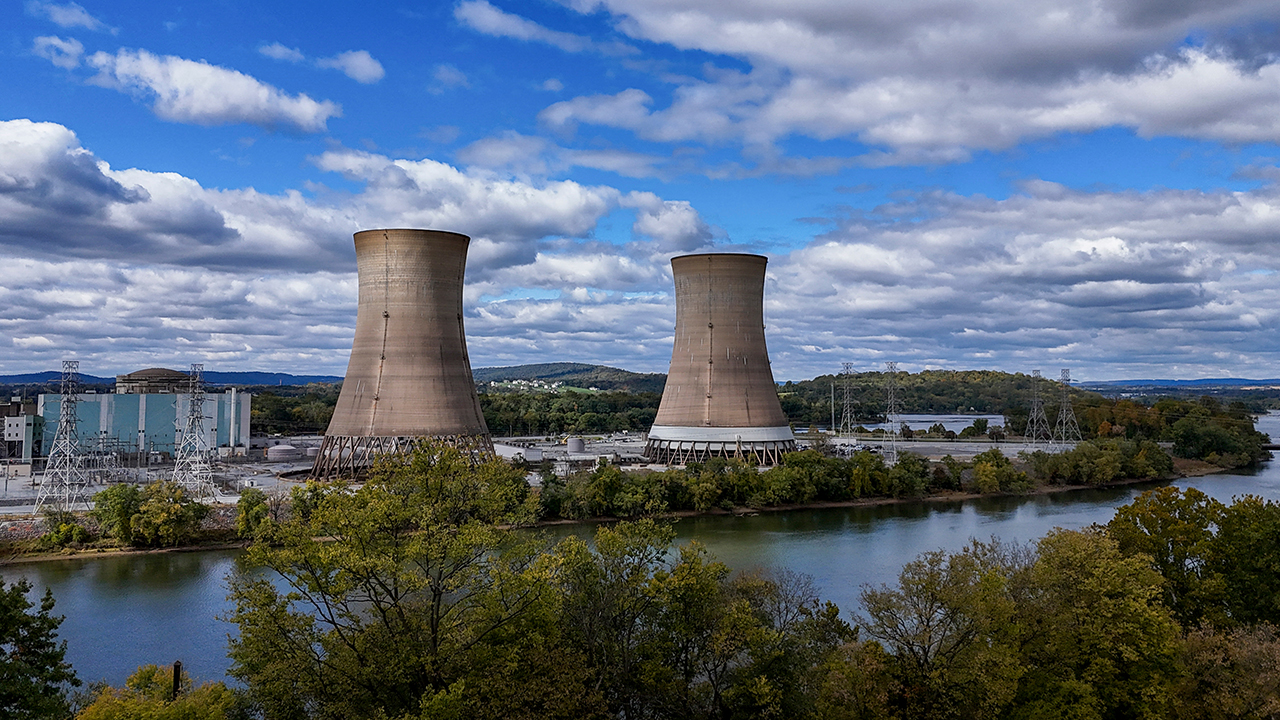


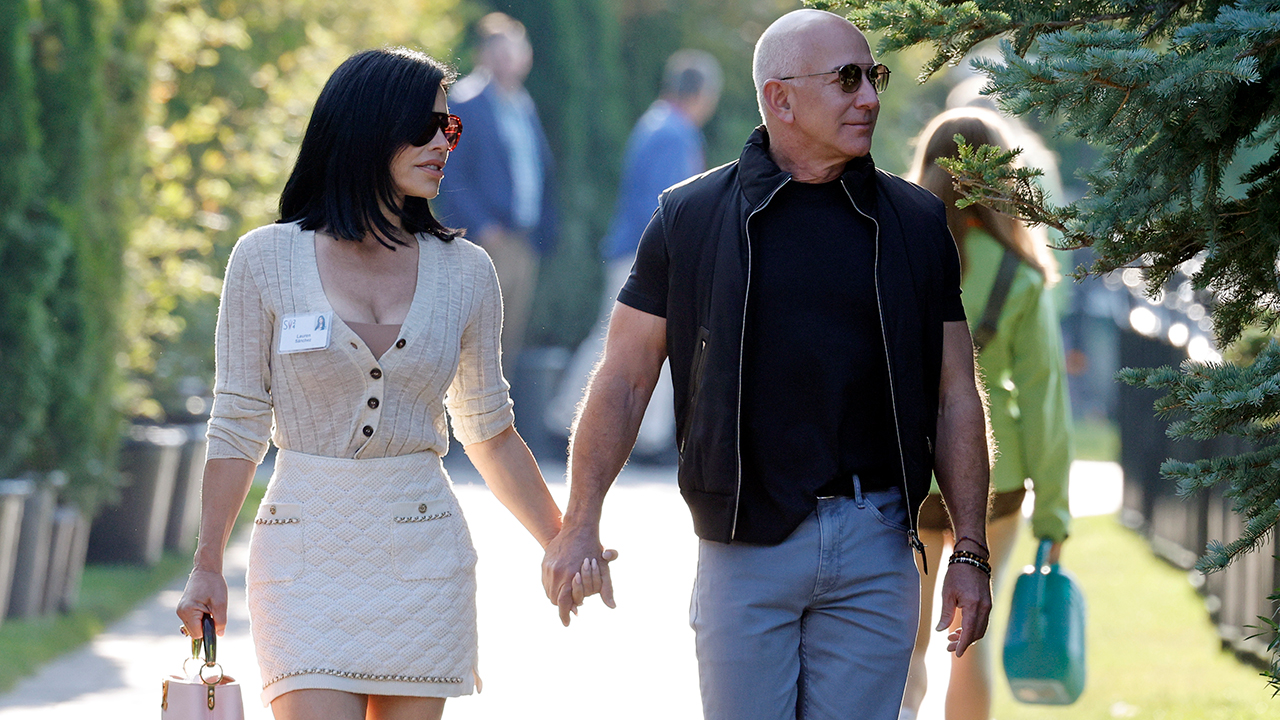
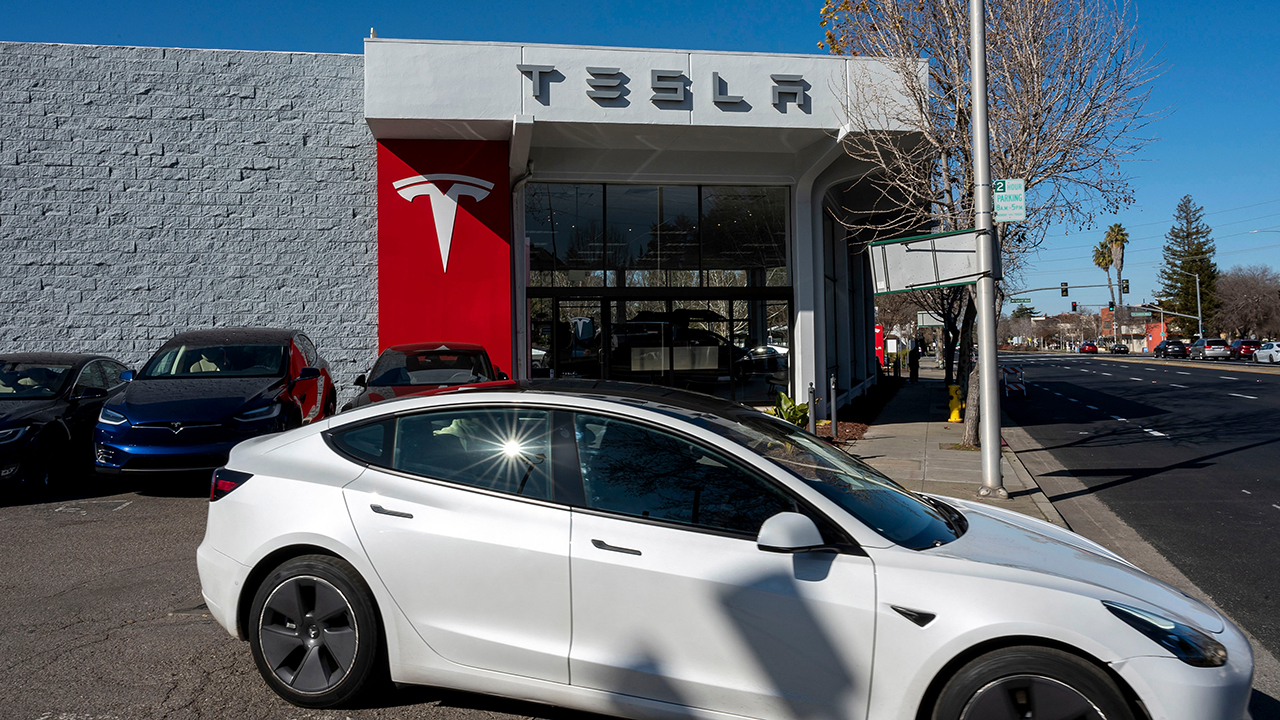





.png?Expires=1838763821&Key-Pair-Id=K2ZIVPTIP2VGHC&Signature=IO0~CT3pU-TcxGc~yoZSmoQx23MZVuK-~4jSii~NKEblRmyO3el7NXPu~Rh1o23voASg7hlcHLw4kvQuDK1jssEhcjoNBBvEpZ~GGOAU6yosBhpHpeF179F~h7i6VxmsBNh9gtTutkoqY73O2YCFey~IAqSzKbBqETP1kP9cAg1916Z1YkJJs-5MliMrkZ5d7-mWGLbpHp2wGj2VlMph8XzYlL4~y1O7fB~JdIS~Rs4RMRs2x0WT1qUIpHAsf3GdwtOyAmKFSpIg8xCyNGZZ5h~13nXlmpd7uPvW8tBfttpG9pFTqcway-uch5WyfHOEfi7UlJCOWrr6fCYY5PMgSg__)







